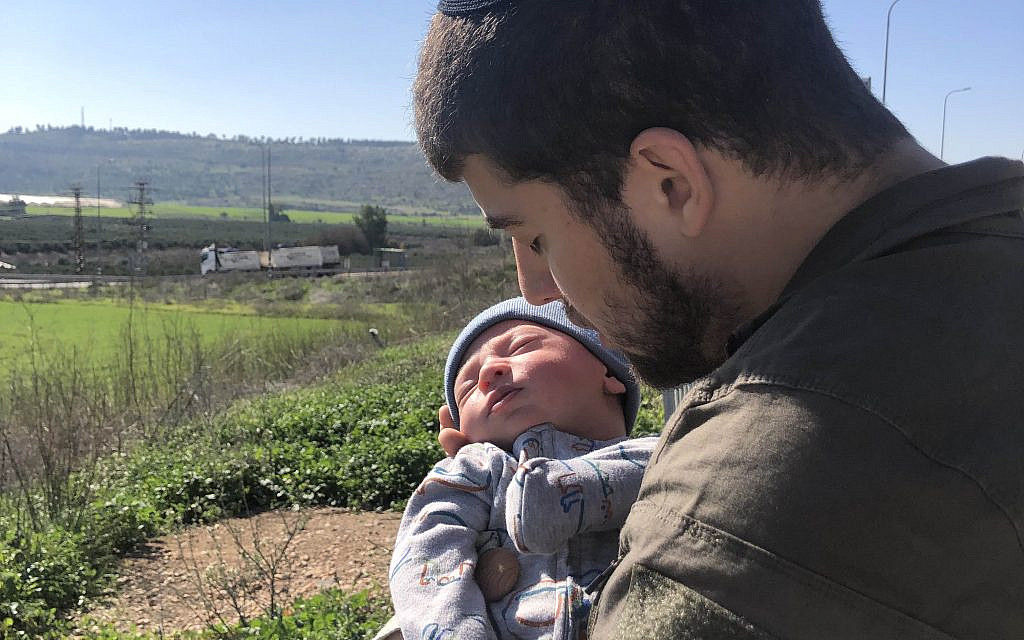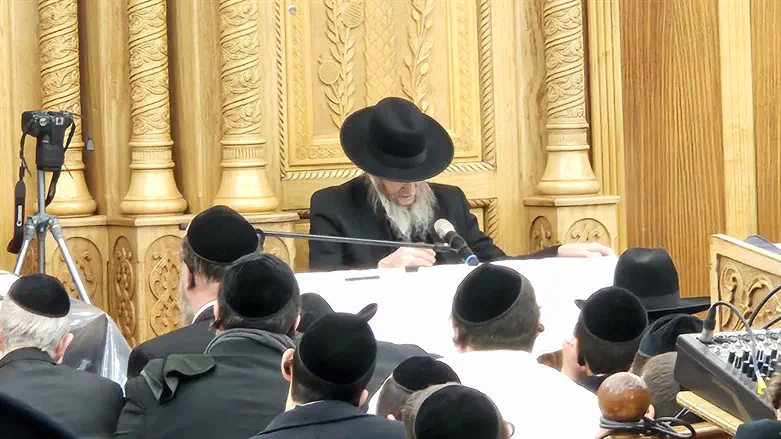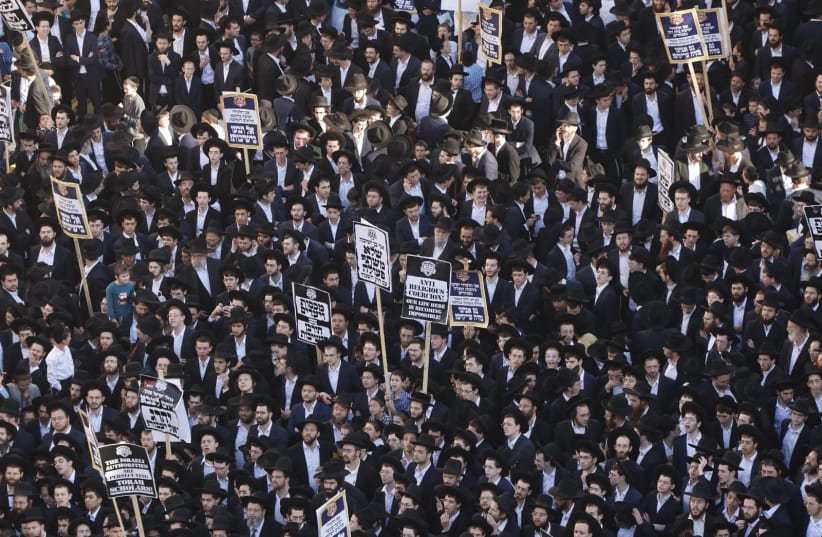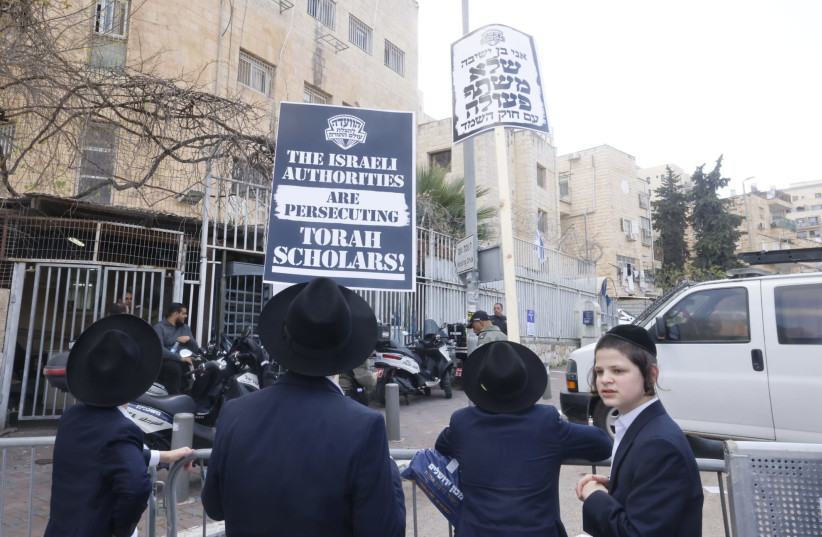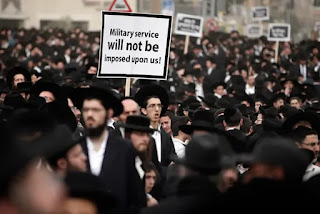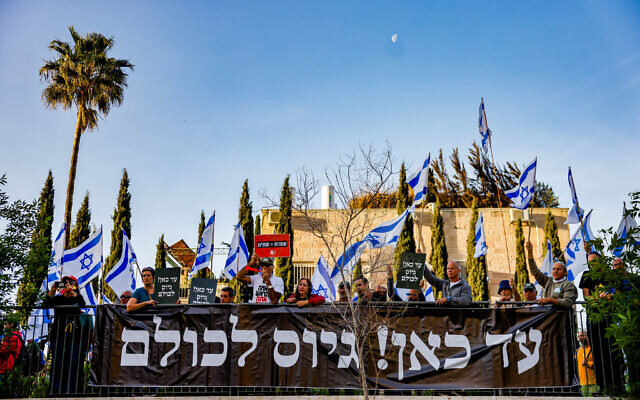For
most of history, nations went to war, frequently and usually at the
caprice of one man, but never without a strategy for victory. It was
clear what victory entailed: conquest of the enemy’s territory and
subjugation of its population.
In ancient times defeat was often
accompanied by the coerced renunciation of gods of the defeated enemy
and its embrace of the victor’s culture. In more modern wars, the
objective of World War II was the “unconditional surrender” of the Axis
forces, Germany, Italy, and Japan. Many Allied soldiers died, and far
more enemy civilians were ruthlessly killed, in order to achieve that
goal of “unconditional surrender” rather than accept various offers of
cease fires that would have left the Nazi regime in place and Japan’s
emperor as ultimate authority.
Israel has never enjoyed such
victories, firstly because its strategic goals have been more limited –
and usually focused on survival.
The War of Independence was
successful because nascent Israel repelled numerous Arab invaders,
retained most of the territory granted it under the UN’s Partition
Resolution and even expanded beyond it.
The Six Day War was
arguably an unambiguous victory as well, given that another Arab
invasion was successfully resisted, the biblical homeland of Israel was
liberated, the Arab nations that invaded were sufficiently cowed at
least for a few years – but mainly because Israel had no designs on
Egyptian, Syrian, or Jordanian territory outside the boundaries of
Israel. The notion of “unconditional surrender” had no relevance, as
Israel was content to allow all Arab countries to exist as long as they
allowed us to exist.
Wars that do not have the goal of
“unconditional surrender” are almost by definition “limited” wars, and
all subsequent conflicts have been such limited wars. Enemies attack, we
defend. Enemies encroach on our land and commit acts of terror, we
respond. Enemies fire rockets and missiles at our cities and we “mow the
lawn,” deflate their military capabilities, and wait for the next
round.
We play this macabre game and never win.
There is a
second reason why victory in any form eludes us. It is because the
“international community,” which includes the United States, the United
Nations, and most countries across the world, impose cease fires on
Israel whenever victory is close – not even the success of
“unconditional surrender” but even to save our enemies and allow them to
fight another day.
This is unprecedented, and uniquely applied to Jews.
Thus,
the Yom Kippur War was halted with Israel on the march to Damascus,
with a stronghold in Egypt west of the Suez Canal, and with the Egyptian
Third Army surrounded in Sinai. Israel, under pressure, withdrew from
Egypt and Syria, allowed the Third Army to escape, and wound up
retreating from Sinai. Israel abandoned its positions in Egypt, while
Egypt was not forced to vacate its captured land in Sinai.
This
was not just a stunning diplomatic defeat; it also enabled Egypt to
claim victory in the war, which otherwise would have abruptly ended in a
colossal failure.
Similarly, the various incursions into Lebanon
from the 1970’s through 2008, always ended with cease fires that left
the PLO intact, Arafat still functioning, terror just moments away from
recurring, and Hezbollah ascendant and gloating.
*The Ehud
Barak-led flight from Lebanon in 2000 catapulted Hezbollah to dominance
in Lebanon; Barak’s brazenness in remaining in the public eye,
aggressively and abusively, his craving to be taken seriously as a
commentator and social agitator, are unusually impertinent illustrations
of chutzpah.
*The Olmert-Halutz catastrophic handling of the
2008 Lebanon War – including the unconscionable deaths of Jewish
soldiers fighting for territory that would be abandoned the very next
day as part of the cease fire – would be disqualifications for either
person to be taken seriously but for the utter shamelessness that today
pervades public life.
Israel’s historical handling of Gaza has
been just as ineffective. For decades, there was never any intention to
prevail, to subdue the enemy, and to conquer its territory. All the
skirmishes, culminating in the current war, have ended inconclusively,
with forced ceasefires. The obvious consequences of this policy are
before our eyes: Gaza and Lebanon are powder kegs waiting to explode –
and Israel is on the verge of succumbing yet again to a global demand
for a cease fire that will yet again save its enemies.
How does one lose a war? This is how:
-
A nation states its military objectives – such as defeat of Hamas and
its liquidation as a military and political force – and then gradually
abandons them under pressure.
- A nation makes pronouncements –
“no food or fuel in Gaza until the hostages are release” or “no aid
through Ashdod or Erez” – and then under pressure allows food and fuel
to resupply our enemies, and then accepts it as its responsibility to
resupply its enemy.
- A nation can lose when on its own accord it
halts the battle when it has momentum and then informs its enemy in
advance where it is next attacking, which gives the enemy time to
regroup, rebuild, replenish, and re-strategize.
- A nation can
lose when it suddenly adopts the bizarre notion that the fate of enemy
civilians is the “top priority” in war – and especially when such
risible ideas emanate from diplomats who care not a whit about Israeli
civilians in captivity, Israeli civilians who were brutalized in their
homes, and Israeli civilians who have spent months dispossessed of their
homes.
- A nation allows another country with similar but not
identical interests (like the United States) to micromanage the war in
terms of goals, tactics, location, timing, and weaponry.
- A nation worries more about the welfare of enemy civilians than about the lives of its own soldiers.
-
A nation, shocked by the appalling invasion, murder, abuse, kidnapping,
and humiliation of its citizens, allows its righteous anger to
dissipate, and instead begins to listen to intellectuals and novelists
about how a cease fire will improve its international image.
- A nation’s media gives prominence to those voices that insist that “total victory” is impossible.
-
A nation allows the defeated hostile population to remain, which
enables them to prepare an insurgency campaign that will cost the lives
of its soldiers and sap the spirit and will of the people.
- A
nation allows disgruntled supporters of opposition parties to riot,
protest, threaten, and intimidate, which encourages the enemy to believe
that Israel’s society is at war with itself, collapsing from within,
and cannot possibly prevail in this conflict.
And this is what defeat looks like:
-
Six months after the start of the war, there are still enemy rockets
and missiles falling on Ashkelon, the communities around Gaza, and in
the north.
- Tens of thousands of Israelis cannot return to their homes.
-
A “cease fire,” which leaves Hamas in power, a return to the status quo
ante, and preparation for the next wave of missile attacks, terrorism,
and response.
- The release of terrorist murderers in return for
freedom for innocent hostages, which only precipitates the next round of
kidnappings – for which the enemy laughs at us and pays no price.
-
Israel, despite its efforts to avoid collateral damage to enemy
civilians, is becoming a world pariah, whose elected government is
reviled and whose internal politics are considered appropriate for world
intrusion, intervention, and meddling.
- The enemies who attacked us have the world’s sympathy, and we are the world’s villain.
- The enemy leaders gloat at their successes and are considered worthy interlocutors by diplomats and other hypocrites.
I
still remember when Israel was the envy of the world because of our
steadfast claim that “Israel never negotiates with terrorists” and
surrenders to their blackmail. Wow, that was a long time ago, for now
most of what we do diplomatically is surrender to terrorists and their
blackmail.
Victory is going to require more than slogans that
“together we will win.” The anarchists who have been allowed to take
over our streets and highways in the last year in violation of the law,
and who have resumed their violent demonstrations, would rather see
Israel defeated or stalemated, and certainly if a victory helps the
Prime Minister remain in office.
It is time we realize what
victory does look like and try to achieve it. The world hates us anyway,
will not have greater love for us if a cease fire is imposed tomorrow,
and, in any event, has more respect for winners than for losers.
It
is not too late to achieve victory but our goals must be clear. The
cardinal sin was succumbing to the obsession with the welfare of the
enemy civilians – yes, those who supported, participated in, and
rejoiced over the rapes, murders, and abductions of October 7.
Pursuant
to (the farce known as) international law, the Gazan civilians had a
legal right to “safe passage” out of a war zone. They were denied that
right, not only by Egypt but also by the world community that sees
Gazans as an indispensable entity for the continued war against Israel.
*We
should be advocating for that right to free passage – and doing it in
every television interview and every diplomatic exchange.
*We should prioritize the release of our hostages and tie it directly to the provision of humanitarian aid.
*We should reject with contempt the hypocrisy of nations who wage war, kill civilians, and see no need to apologize for it (see
United States, Kabul, August 28, 2021, 10 civilians killed including 7
children, with denials that continued for weeks, and with a Biden
apology to the world yet to be offered).
And then we should finish the job.
Victory
entails full control over the conquered territory which can never again
be used as a launching pad for terror against Israel, an enemy
population that leaves because it wants to leave, sees no future for
itself in that land, or is encouraged to leave because its opposition to
the Jewish national idea is implacable.
We need to remind
ourselves of the fundamentals of Jewish destiny that should determine
our statecraft. We have returned to the land that G-d granted our
forefathers after we forfeited it due to our misconduct.
Our
generation was blessed to be the beneficiaries of the prophecy of
ultimate return. For thousands of years until today, we have been
accused by our enemies of being “robbers,” stealing other nations’ land
(Rashi, Breisheet 1:1). That has not changed, and we should not expect
it to change anytime soon; but it also requires us not to internalize
that false indictment and pretend there is some way we can persuasively
defend against it. That charge is built into the history of the world
and of the Jewish people, a ubiquitous reminder that we must be worthy
of this land, permeate it with holiness, sanctify it with mitzvot, and
defend it for the honor of G-d and two millennia of Jews who could not
defend themselves and suffered the predations of the precursors of all
our enemies today.
Even in these difficult and perilous times, we
should count our blessings, among which are the knowledge we have of how
wars are lost – but also how wars are won, and how victory in this
conflict will have positive ramifications in many spheres, and for years
to come.
Rabbi Steven Pruzansky, Esq. was
a pulpit rabbi and attorney in the United States and now lives in
Israel where he teaches Torah in Modiin and serves as the Israel Region
Vice-President of the Coalition for Jewish Values and the Senior
Research Associate for the Jerusalem Center for Applied Policy.
http://www.israelnationalnews.com/news/388121?utm_source=activetrail&utm_medium=email&utm_campaign=nl



